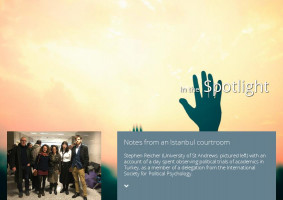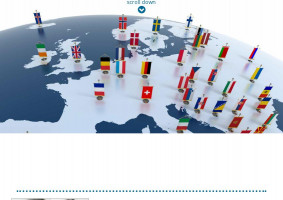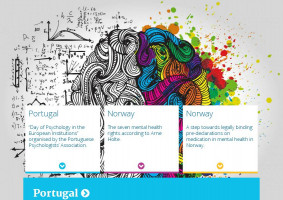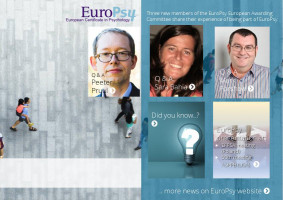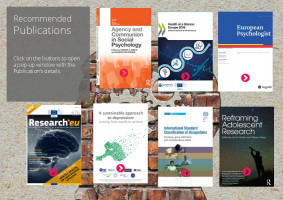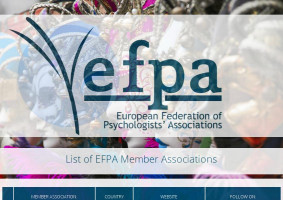Agency and Communion in Social Psychology
What are the ultimate motives that instigate individuals’ behaviours? What are the aims of social perception? How can an individuals’ behaviour be described both from the perspective of the actor and from the perspective of an observer? These are the basic questions that this book addresses using its proposed agency-communion framework. Agency (competence, assertiveness) refers to existence of an organism as an individual, to "getting ahead" and to individual goal-pursuit; communion (warmth, morality) refers to participation of an individual in a larger organism, to "getting along" and to forming bonds.
Each chapter is written by experts in the field and use the agency-communion framework to explore a wide variety of topics, such as stereotypes, self-esteem, personality, power, and politics.
The reader will profit from the deep insights given by leading researchers. The variety of theoretical approaches and empirical contributions shows that the parsimonious and simple structure of two types of content in behavior, motives, personality, self-concept, stereotypes, and more to build an overarching frame to different phenomena studied in psychology
Health at a Glance : Europe 2018
State of Health in the EU Cycle
Published on November 22, 2018
Health at a Glance: Europe 2018 presents comparative analyses of the health status of EU citizens and the performance of the health systems of the 28 EU Member States, 5 candidate countries and 3 EFTA countries. It is the first step in the State of Health in the EU cycle of knowledge brokering.
This publication has two parts:
- Part I comprises two thematic chapters, the first focusing on the need for concerted efforts to promote better mental health, the second outlining possible strategies for reducing wasteful spending in health.
- In Part II, the most recent trends in key indicators of health status, risk factors and health spending are presented, together with a discussion of progress in improving the effectiveness, accessibility and resilience of European health systems.

The European Psychologist
Volume 23, no.4 is now available online
Highlights:
The Interplay of Personal and Social Identity
Identity Development Among Ethnic Minority Youth Integrating Findings from Studies in Europe
Identity Development in Immigrant Youth A Multilevel Contextual Perspective
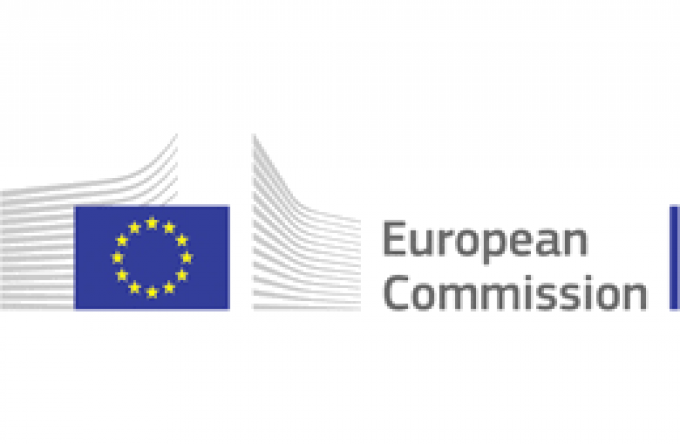
SPECIAL FEATURE
Mental health, an undercover epidemic
World Mental Health Day is observed on 10 October every year, with the aim of raising awareness of mental health issues across the globe and helping facilitate patient access to robust, modern and comprehensive mental healthcare services. This is especially important as the issue of mental health in many countries, including those within Europe, is often seen as a taboo subject, with high levels of social stigma associated with mental illness.
_w1020_h766_1.jpg)
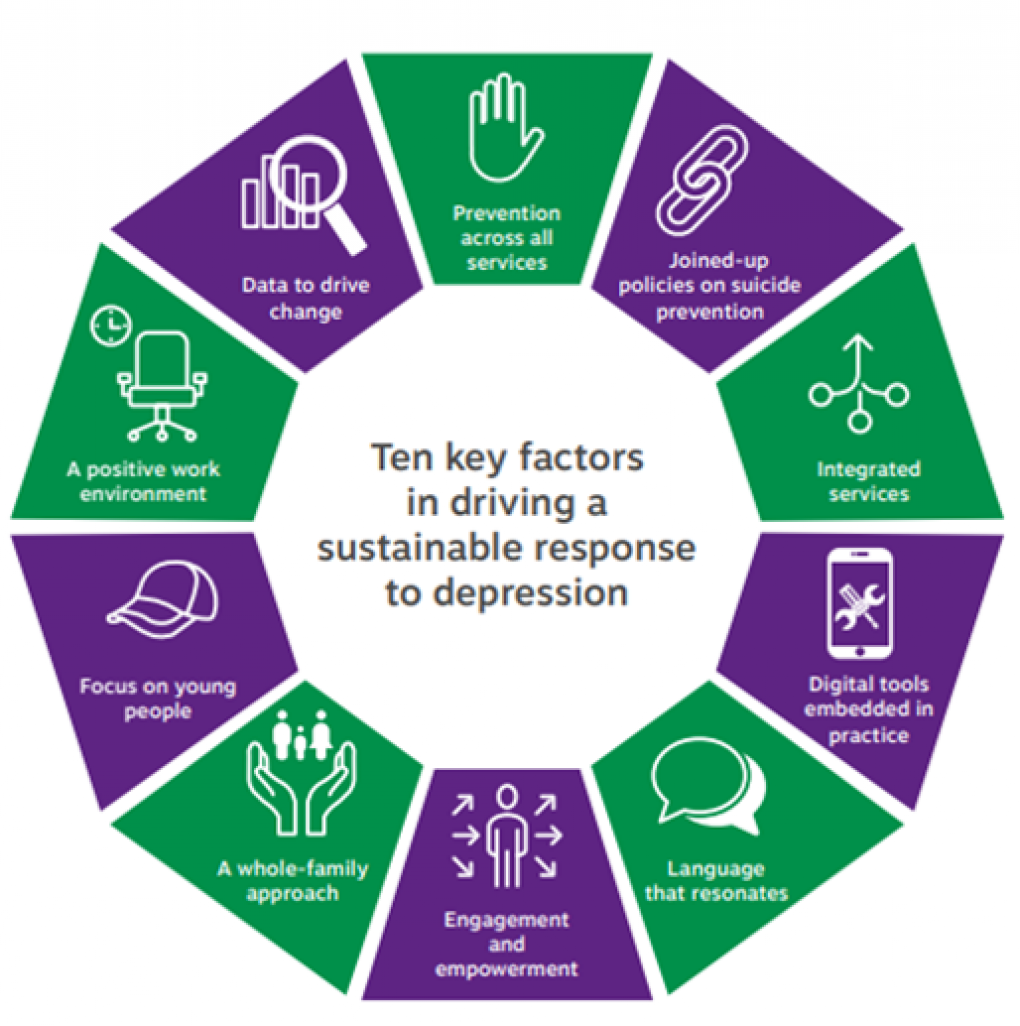
A human being can survive almost anything, as long as she sees the end in sight. But depression is so insidious, and it compounds daily, that it’s impossible to ever see the end. The fog is like a cage without a key.
Elizabeth Wurtzel, Prozac Nation. Riverhead Books, 1994
Depression is an urgent and growing concern for our societies: the number of people living with depression rose by 18% between 2005 and 2015.
- In 2030, depression will be the leading cause of disease burden in high-income countries.
- Depression affects every aspect of a person’s life. It has a multiplying effect on other conditions and a significant impact on quality of life. It is a leading cause of low productivity, with a considerable cost to society: €92 billion per year, or 30% more than stroke.
- And tragically, nearly one in five people with depression ends their life by suicide. Despite these figures, our policy response to depression has, so far, been insufficient. As a society, we lack both understanding of the condition and empathy for those affected. There are huge gaps in diagnosis and care. Mental health services are chronically underfunded. Several promising programmes have been launched to address depression, but sustainable implementation and funding are a frequent problem. With depression on the rise, it is time to take our social response to depression to the next level. Greater prevention would reduce the incidence of depression by 21%.
- Providing all people with depression with evidence-based treatment would reduce the disease burden by a third.
- But solutions should not be limited to the clinical setting: we need an integrated, comprehensive response to depression, which tackles its clinical and social causes; engages young people and other vulnerable groups; and addresses the impact of depression across the home, school and workplace.
This report aims to identify key factors that will ensure programmes for depression are sustainable and have a lasting impact on people affected. Drawing from the practical experience of 19 case studies and the published literature, we have identified ten lessons learnt that may help policymakers build a sustainable response to depression in years to come.

The International Standard Classification of Occupations (ISCO) is one of the main international classifications for which ILO (International Labour Organization) is responsible. It belongs to the international family of economic and social classifications.
ISCO is a tool for organizing jobs into a clearly defined set of groups according to the tasks and duties undertaken in the job. Its main aims are to provide:
ISCO has recently been updated to take into account developments in the world of work since 1988 and to make improvements in light of experience gained in using ISCO-88. The updating did not change the basic principles and top structure of ISCO-88 but significant structural changes were made in some areas. The updated classification was adopted in December 2007 and is known as ISCO-08. Many countries are now updating their national classification either based on ISCO-08 or to improve alignment with the new international statistical standard.
Reframing Adolescent Research
Edited by Leo B. Hendry, Professor of Psychology,
University of Glamorgan, UK, and Emeritus Professor,
University of Aberdeen, UK and Marion Kloep, University
of Glamorgan, UK
This ground-breaking volume focuses on the challenges and new directions in adolescent development research. Contributions from world-class academics examine theoretical concerns and methodological challenges to substantive areas in the field, whilst considering innovations and novel approaches to the study of adolescence and development across the lifespan.
New theories, methods and interventions are presented that are essential to advancing the project of understanding adolescents, youth and how they develop on a global stage. This is valuable reading for advanced students and researchers in adolescent development and developmental psychology.


